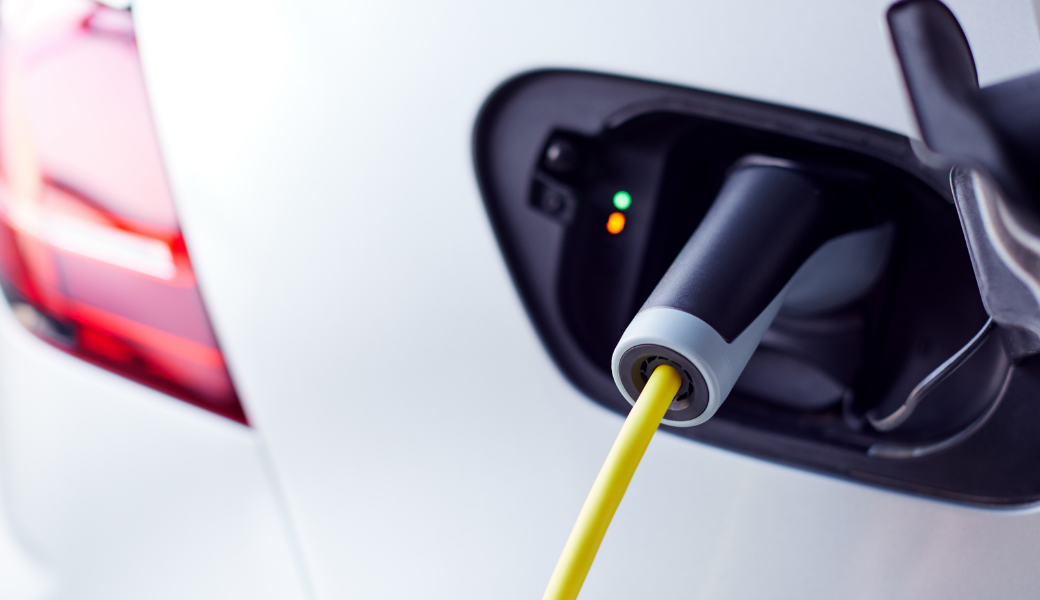EV Legislation Update: Declining Revenues Spurs Gas Tax Alternatives

State governments have long relied on the proceeds from gas taxes to fund major infrastructure projects. Gas taxes have been a straightforward way to ensure that road users who drive the most are paying their fair share to maintain roads and bridges. While this system has functioned well in the past, with every state levying a gas tax to some degree, there is a new issue that threatens this method of state revenue. Electric vehicles, including plug-in hybrids and full EVs, promise drivers fewer trips to the gas station, meaning less revenue for states. Seeking to replace the missing tax revenue, state legislatures have sought alternate solutions.
One of the most popular alternatives to gas taxes is a pay-per-mile tax, often called “vehicle miles traveled” or VMT. A VMT program targets alternative fuel vehicles that do not use gasoline, thereby avoiding state gas taxes. With a VMT solution, drivers can use several different methods, including pre-paid mileage blocks, electronic monitoring devices and GPS to report to the state the number of miles their vehicle has traveled. The state then imposes a tax proportional to this distance.
VMT already exists in Utah and Oregon in a voluntary capacity, and VMT bills have appeared in several state legislatures this session. Washington State legislators proposed HB 2026, a bill to introduce VMT and require certain EV and hybrid drivers to participate. That bill failed this session after being stuck in committee. Drivers and legislators alike remain concerned about several factors related to VMT taxes, particularly privacy. Many of the devices used to track mileage do so using GPS and other tracking systems, which critics warn could be concerning for drivers. There are also concerns about state coordination, as drivers often cross state lines during trips, complicating the tax payment. Correctly distributing these funds would require information on not just how far the vehicle has traveled, but also where and when.
The failure of the Washington VMT bill this session shows that while there is still disagreement among lawmakers on how to replace the gas tax, they see a necessity to recover this revenue in order to allow automakers to meet new government emissions targets, as well as ensure that vehicle infrastructure is maintained. VMT programs continue to be a work in progress, though increasingly necessary as demand for electric vehicles surges.
The RV Industry Association State Affairs team is continuing to monitor the legislative landscape for trends in the EV space.
Please Sign in to View
Log in to view member-only content.
If you believe you are receiving this message in error contact us at memberservices@rvia.org.
